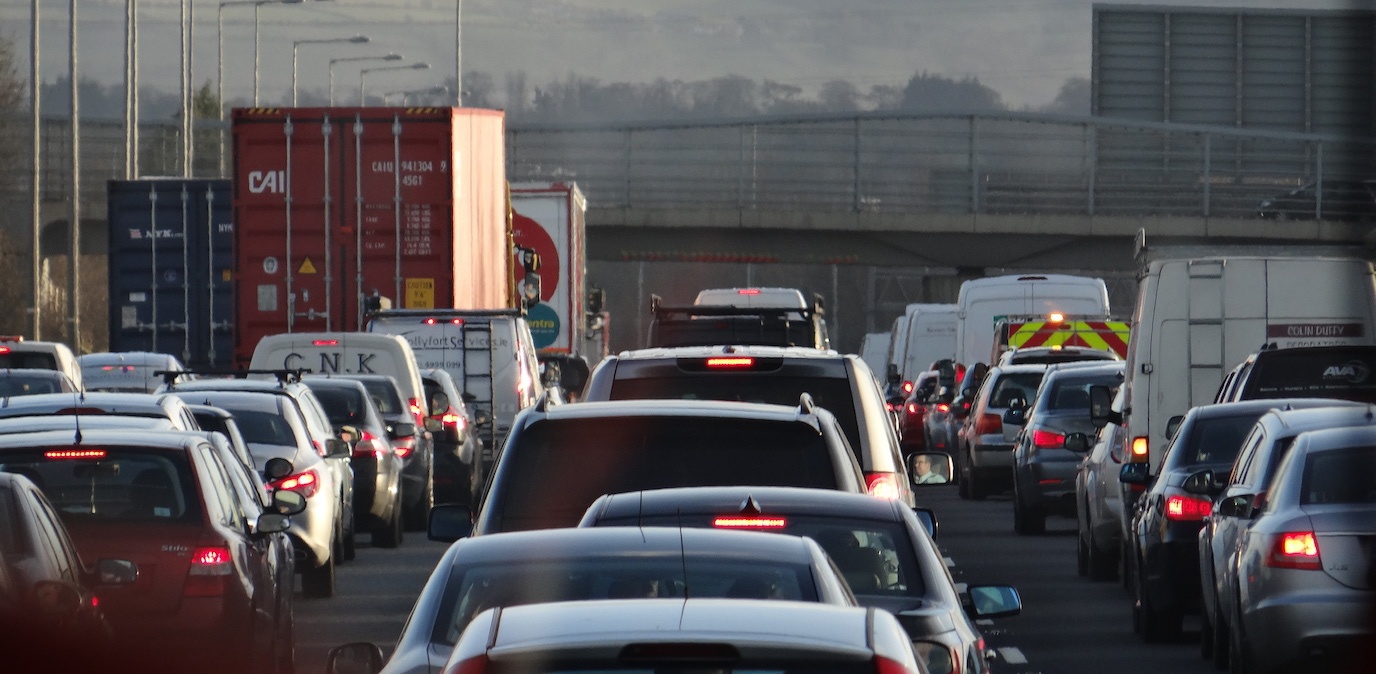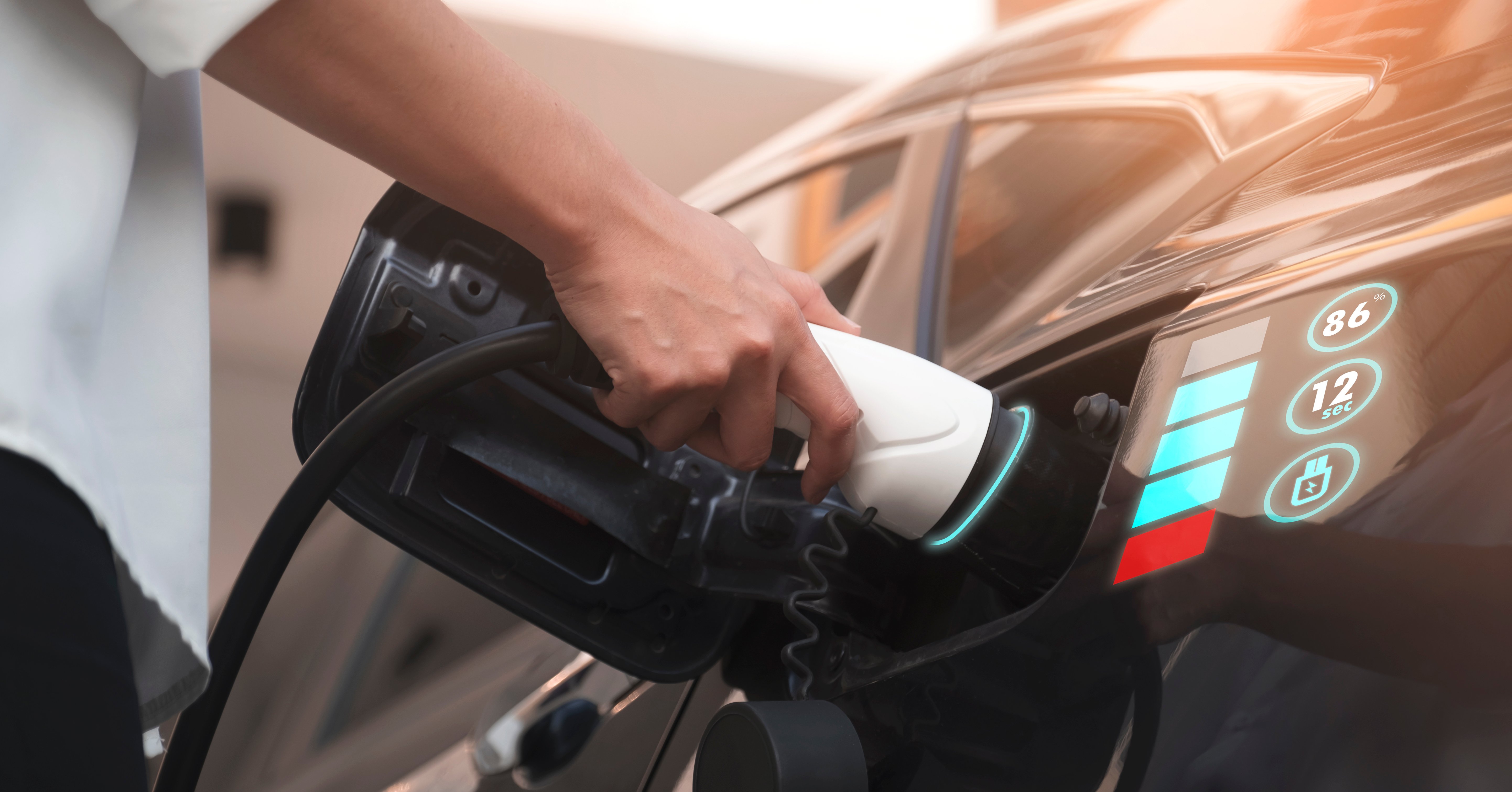Transport tech: friend or foe to the green agenda?
by Matthew Niblett on 30 Jan 2020
European countries and cities want to reduce their carbon emissions, with transport being one of the highest priority areas. Ride hailing, e-scooters, and car sharing firms all think that they have a part to play, but they are often unpopular amongst urban policymakers. Why is this, and how can policymakers make better use of these innovations in order to meet their climate change targets?
All over Europe, national and municipal governments are waking up to the realities of climate change and air pollution, and the impact that these phenomena are likely to have on their citizens and economies. European Commission President Ursula von der Leyen has made a new European Green Deal a central plank of her policy agenda, whilst at the time of writing, the UK Government is set to enshrine air quality targets into law via the Environment Bill. Action is being taken at the municipal level too: in 2019 Berlin banned certain vehicles from a number of key thoroughfares, Brussels announced that it will ban petrol and diesel cars by 2035, and Barcelona restricted the number of times older and dirtier cars can drive around the urban core.
At the same time, there has been a tremendous growth in the size of the transport technology market. This sector has now moved far beyond its most famous scion, Uber, and encompasses a range of different and exciting sub-sectors. All over Europe we are seeing the launch of e-bikes, e-scooters, shared cars, and apps that help us get from A to B using a combination of public and private transport, as well as the further development of the ride hailing market.
To varying degrees, all these different sub-sectors claim to be an important part of the battle against pollution. However, many on the other side of the fence have argued that transport tech companies are contributing to the problem, rather than aiding the solution. Given that transport tech solutions are often cleaner than conventional personal mobility, Europe’s drive towards net zero should present them with an opportunity, but in many places transport tech companies have struggled, or been frustrated by city authorities. Why has this been the case?
The drive to net zero
With the inauguration of the European Green Deal, there is no doubt that the environment ranks amongst the top three agenda items in both the EU and all the major European governments. National governments are under pressure from both the EU and their own electorates to reduce levels of air pollution and harmful substances in the atmosphere. In July 2019 the European Commission ordered the European Court of Justice to take legal action against Spain and Bulgaria for consistently failing to meet air quality targets, and they in turn put pressure on their major cities, which are the largest pollution hotspots, to clean up their act.
Since transport is the single largest contributor to air pollution in most European cities, transport policy is being drawn ever closer into the orbit of environmental decision making at the municipal, national, and continental levels. For example, in January 2020 the Croatian Presidency of the European Council announced that the Commission will discuss a potential new directive on transport in light of the Green Deal.
Policy responses have tended to focus on effecting a modal shift away from private car use, and governments have employed both the carrot and the stick in pursuit of these goals: people can be incentivised to use cleaner forms of transport, for example via a direct subsidy, as is the case in France’s Mobility Orientation Law. They can also be punished for driving older, more polluting vehicles, as the proliferation of “clean air zones” across Europe, including in London and Madrid, clearly demonstrates.
Transport tech's green credentials
Almost all of the major transport tech firms argue that their products are better for the environment than private car use. Journey planning app Citymapper tells its users how many trees they have saved by using public transport (with the help of Citymapper) as opposed to their private vehicle, whilst ride hailing companies have often argued that they can ultimately help to reduce congestion and pollution by taking the total number of vehicles off the road.
Other transport providers have pointed to similar benefits of their services. Car sharing firms argue that cars will always be necessary to a certain extent, especially for trips which aren’t easy or practical via public transport, but that people will give up on owning a car if there is a relative degree of certainty that they can always access one when needed. One market leader has claimed that one car sharing vehicle can replace ten private cars, thereby reducing congestion and pollution overall.
E-bikes and e-scooters can also point to the fact that their vehicles present viable, emissions-free alternatives to cars for short trips in city centres, helping to reduce the overall carbon footprint and make urban air cleaner. Many have sought to position themselves adjacent to public transport services, as possible “last mile” solutions for those who do not live within easy walking distance of a major public transport hub. Equally, as with car sharing, they can be useful for short journeys which are nonetheless too far to walk, and not adequately served by public transport.
Urban tech-lash
Despite these claims, cities are yet to fully embrace transport tech as a means to reduce their pollution levels.
Shared bikes and scooters have proven controversial across Europe, with consistent complaints from residents and policymakers about improper parking and dangerous driving – 67% of (mostly older) Hamburg residents are in favour of banning them, according to one recent survey. However, these issues can be handled by licensing a small number of operators and imposing obligations on where they can be parked and how many scooters can be deployed, as well as by vigorously prosecuting those who treat them irresponsibly. They should not be allowed to obscure the positive contribution which micro mobility services can make to decarbonisation efforts, as well as the benefits they can bring to those who find active transport difficult.
Equally, several European cities have not made it especially easy for car sharing services to thrive. ShareNow recently stopped operating in London, Brussels, and Florence, citing “lack of demand.” In London, part of the issue is that the rules governing where shared cars can park are set by the 32 London Boroughs rather than centrally by Transport for London, even though consumers won’t necessarily be making single-car journeys. This makes free-floating car sharing hard to implement. In more compact cities, such as Paris and Madrid, the sector performs better. Insofar as possible, cities should make free floating car sharing easy to do, especially for lateral journeys across cities, which can be difficult by public transport. They should also accept that there are times when a car will be the most convenient form of transport for people.
Ride hailing is a trickier scenario, and there has been research which shows the impact it can have on increased congestion. Policymakers can in most cases act to control the impact on congestion however, either by capping the number of licences which they award, which they have done in New York, or by introducing disincentives to circulate in certain areas (i.e. congestion charging zones), which is the case in many major European cities.
Banning or failing to properly support these services is an unwise choice. They are both popular amongst urban residents (especially young ones) and they are cleaner and more efficient than diesel and petrol cars. Moreover, even the most comprehensive public transport system will leave gaps which can only be filled by the private sector. There is no denying that these solutions could make things worse if left unchecked, but sensible and proportionate regulation can harness them to help meet Europe’s climate goals.
Topics: Net neutrality, Climate Change, Transport, Sharing economy, Sharing and on-demand transport, Mobility







Comments